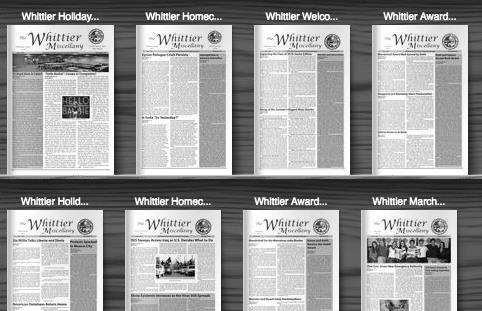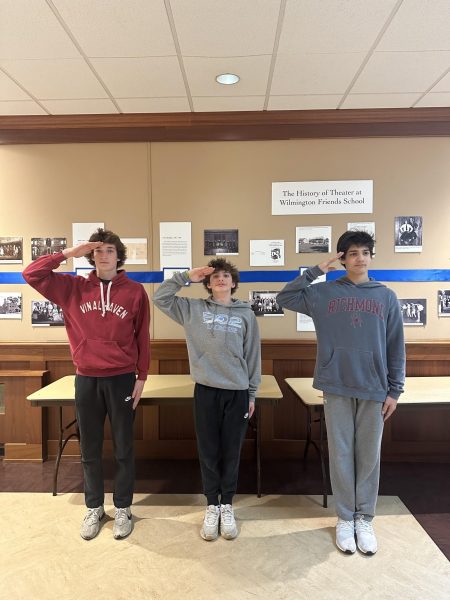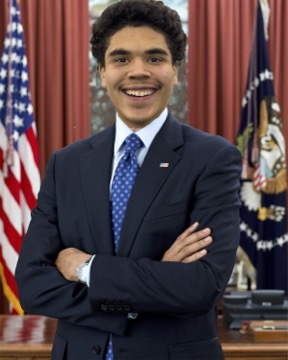Accidental Discovery, the Feeling of Brevity, and Leaving a Legacy
April Issue: Global Edition

Various copies of the Whittier
I have learned a lot from my experience with the Whittier. I have learned how to write and present arguments objectively. I have learned how to organize lots of people and create something tangible as a result. But most importantly, I have learned the value of global awareness.
As a high schooler, I feel as if we are often too distracted by ourselves; that it is hard for us to imagine our participation in the grand scheme of things. We are so small, and the world is so big. We are so young, and the earth with all of its complexities is ancient. Through the Whittier, and as an extension journalism, I feel as if in however small of a way, I have broadened my horizons just a little more, and have figured out what this “participation” business means.
I didn’t join Whittier my freshman year because I had a passion for journalism. I joined Whittier because my brother was on the staff and I liked to write. In life, timing is everything. It just so happened that I didn’t show up to the first meeting, and because there were not enough writers, I was assigned to the news section. Coincidentally assigned to co-write an article with my future co-editor-in-chief, I started to learn something about the world. It was here that I became interested in what was happening beyond my own bubble. I became interested in journalism when I discovered the power and value of educating the masses through the telling of a story that wasn’t being told.
When I was an underclassman, to me, Whittier was the ultimate activity that one could participate in. I was inspired by my editors, and terrified into writing good articles for fear that the few upperclassmen that I had come into contact with would look down on me. From my very first Whittier meeting, I knew that I wanted to be editor-in-chief. To me, being an editor was just about the most respected position that one could find. I recognized the importance of being able to disseminate information to the public, and the implications that it could hold in the present and the future.
A few months ago, I was looking through the archives of the Whittier and became fixated on an article that was written nearly fifty years ago about racial diversity at Friends. Forever preserved in Friends history, this article was a look into the past. This issue, written for their present, was discussing important issues with the utmost relevance to their lives as well as our lives now. The person who wrote the article probably did not expect someone else to be reading it fifty years later, but I was humbled by the legacy that it was creating and the 120-plus-year legacy that I was tasked with carrying on.
I know that high school journalism is not always of the utmost quality, (I’m looking at you celebrity look-alikes and holiday wish lists), and that as hard as we try, titles will be unimaginative, and grammar and formatting mistakes are inevitable. As much as I would like to be producing a newspaper at the level of the New York Times, I accept that that is not what high school journalism is supposed to be. High school journalism is often the first opportunity that people have to read an article about something new, or about something that relates to their life in a different way. High school journalism is just as much a learning experience for the writer and editor as it is for the reader. How to write is an essential part of life, as is the importance of the quality interview, and the necessity of good research.
In the digital age, value is placed less and less on the press. We forget that in the not-so-distant past, journalism was the cornerstone of any society. Journalism was the only way that people could find out about what was happening not only around the world, but also right next door in their own city. Journalism has the power to call out corrupt politicians, to expose human rights violations, and to tell people the truth. The Whittier’s role in exposing these crises is minute, but I hold out hope that maybe, just maybe, someone will read an article within the Whittier and be inspired to do something to change the world for the better in whatever way possible.
I’m not sure that I see a future where my career path is in journalism, but I do see a future where I appreciate journalism and all that it has to offer. When I walked in the door my freshman year to my first Whittier meeting, I had no idea that I was walking into the epitome of a global education; an education where I got to write my own curriculum.
It didn’t hit me until I sat down to write this final article that my time here in high school is almost up. That as you are reading this, the seniors have less than a month left, or maybe we have already gone. That soon this love hate relationship of four years will come to a close, and I, as will you, will move on. This article will be archived and added to the stacks of Whittier history that are rarely taken out. But who knows? Fifty years from now another student might be reading this, and that student too may be pondering her legacy and her impact on the world.






































